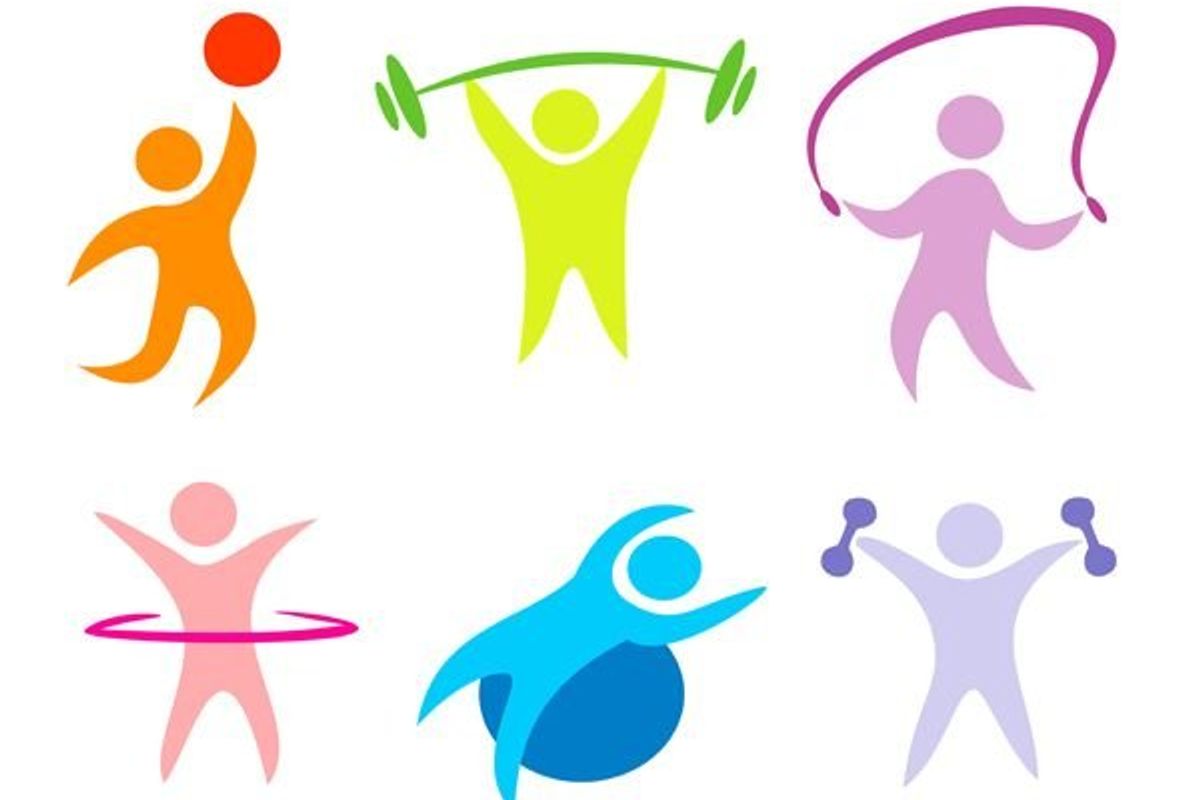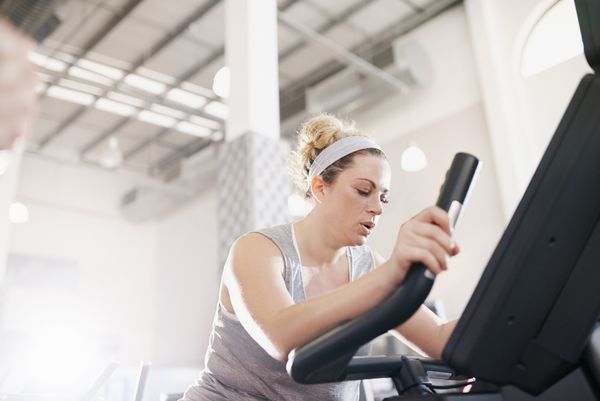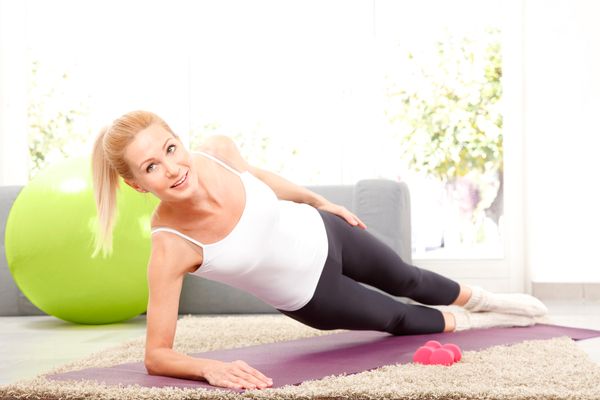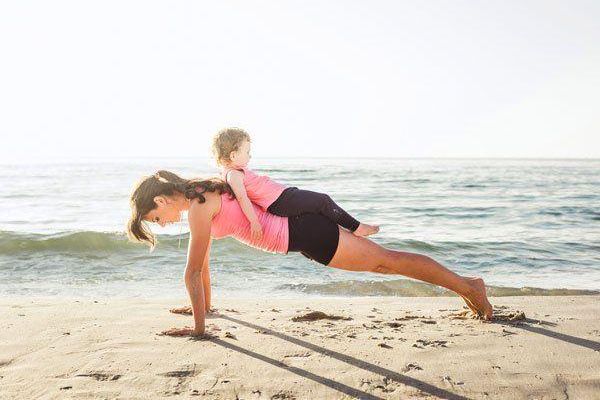It's no secret that we should all be exercising, sadly, too many people aren't. According to studies, up to 60 percent of American adults are not getting the recommended amount of physical activity—and over 25 percent are not active at all.
The current Physical Activity Guidelines for Americans recommend that adults do at least 150 minutes (two hours and 30 minutes) of moderate-intensity exercise each week or 75 minutes (one hour and 15 minutes) of vigorous-intensity aerobic activity (or an equivalent combination). The guidelines also recommend that adults strength train twice a week.
Exercise has important effects on more than just your weight: it helps prevent, minimize or manage a myriad of diseases and conditions like diabetes, heart disease, stroke, breast and colon cancer, depression, anxiety, memory loss, weak muscles, brittle bones and falls.
Convinced yet?
Sometimes it's easier to convince people of the benefits of exercise than to convince them to actually go out and do it. Maybe you just don't have the motivation, despite knowing it's good for you. Or maybe you just got off track and have not been able to get back to your routine.
Here are some things to think about—and to do—that can help reset your exercise enthusiasm.
- These results of a new study may encourage you: You need not devote a lot of time to your exercise routine to gain benefits; even a moderate amount of exercise, or the equivalent of a brisk 20-minute daily walk, was associated with significant reductions in the risk of mortality. The biggest potential benefits were found by going from being completely sedentary to "moderately active."
- It's OK to break your aerobic activity into episodes of at least 10 minutes at a time; if you do this three times throughout your day, there's your 30 minutes!
- Positive behaviors are "contagious," so why not organize or find a walking group to spread the good habit and keep you accountable?
- Aerobic exercise helps build your brain. A study found a greater increase in total hippocampus volume in those who walked twice per week than in those who didn't. The hippocampus is primarily associated with memory and spatial navigation.
- If exercise bores you, try group exercise at a gym with classes like Zumba, spinning, kickboxing, yoga, circuit training and strength training.
- Load a fitness app. There are so many out there that can turn your smartphone into a smart fitness trainer or give you extra incentive.
- Mix it up. Don't just do one type of exercise—you're bound to get bored if you do. Varying your workout can also help you avoid overuse injury and keep things interesting.
- Work out at home. You don't even need equipment for many workouts, just your own body. Scour the Internet and YouTube for lots of free workout videos.
- Don't do too much too soon. Start slow. Going from being sedentary to a full-out fanatic is bound to leave you burned out, tired and possibly even injured.
- Finally, think about how good and accomplished you'll feel once your workout is finished!







